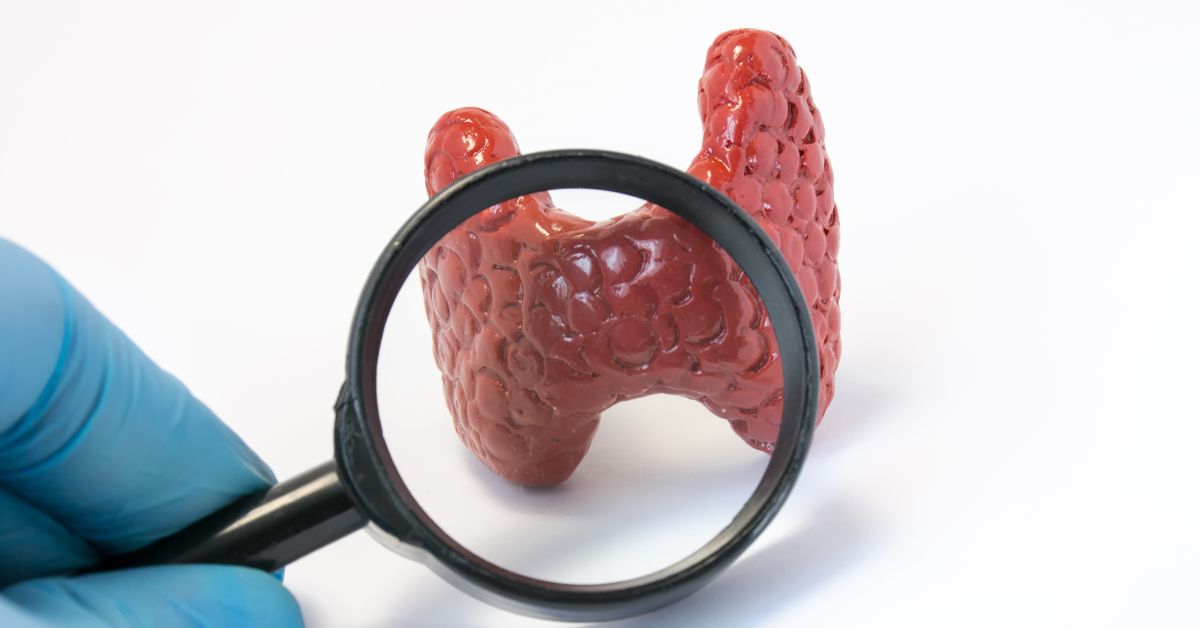Benign thyroid nodules are non-cancerous growths in the thyroid gland that are relatively common. While they are often harmless, some nodules may grow large or cause discomfort, prompting the need for treatment. Understanding the costs involved in treating benign thyroid nodules can help patients make informed decisions about their healthcare.
Back to Big Story: Thyroid Surgery
Schedule an Appointment with a Thyroid Specialist
Treatment Options for Benign Thyroid Nodules
The management of benign thyroid nodules depends on factors such as size, symptoms, and patient preference. Below are the main treatment approaches currently available:
1. Watchful Waiting
For small, symptom-free nodules confirmed to be benign, doctors may recommend monitoring rather than immediate treatment. Regular ultrasounds and clinical check-ups ensure that the nodule does not grow or cause complications.
Cost estimate: Routine monitoring may cost between S$150 to S$200 per ultrasound in private clinics.
2. Medication
Hormone therapy can be considered in certain cases to regulate thyroid activity, although its ability to shrink nodules is limited. Medication is typically reserved for patients with abnormal thyroid function.
Cost estimate: Monthly thyroid hormone therapy can range from S$50 to S$150, depending on dosage and clinic fees.
3. Minimally Invasive Treatments
For patients seeking non-surgical options, minimally invasive treatments are increasingly available.
- Needle Aspiration: Ideal for cystic nodules, this procedure involves extracting fluid from the nodule under ultrasound guidance. While effective, fluid may re-accumulate, and repeat treatments or surgery may be required. Cost estimate: S700 to S$5,000 per session.
- High-Intensity Focused Ultrasound (HIFU): This scarless treatment uses therapeutic ultrasound to shrink the nodule gradually over 6 to 12 months. The procedure takes 20–30 minutes under local anaesthesia with optional sedation.
- Radiofrequency Ablation (RFA): A minimally invasive procedure using heat energy delivered via a needle to shrink nodules over time. Typically an outpatient procedure lasting around 30 minutes. Cost estimate: S$5,000 to S$20,000, depending on complexity and size.
4. Surgery
Surgery is recommended for large nodules causing discomfort, difficulty swallowing, or breathing issues. Options include partial or total thyroid removal.
Cost estimate:
- Hemithyroidectomy (partial removal): From S$8,000
- Total thyroidectomy: From S$11,000
Disclaimer: Costs are indicative and may vary depending on clinic, surgeon, and patient needs. Patients are encouraged to check official sources and speak with their doctors for personalised estimates.
Find the Right Thyroid Surgeon
Choosing the right thyroid surgeon is crucial for a successful outcome. When considering treatment for a benign thyroid nodule, consult with a thyroid surgeon to discuss all options, potential risks, and cost estimates tailored to your situation.

For inquiries, contact us for an introduction to a thyroid surgeon.
Frequently Asked Questions (FAQs)
1. Are benign thyroid nodules dangerous?
Benign nodules are non-cancerous and often harmless. However, large nodules can cause discomfort or complications, which may require treatment.
2. How long does minimally invasive treatment take to show results?
Procedures like HIFU and RFA typically lead to gradual nodule shrinkage over 6 to 12 months.
3. Will I need surgery if I undergo RFA or HIFU?
Surgery may still be required if the nodule persists, grows, or causes symptoms despite minimally invasive treatments.
4. Can benign nodules come back after treatment?
Yes, some nodules may recur after needle aspiration or other non-surgical treatments, necessitating repeat procedures or surgery.
5. Is treatment covered by insurance?
Private insurance plans or integrated shield plans may cover part of the cost. Patients should check with their insurer for specific coverage details.
Disclaimer: 365Asia aims to provide accurate and up-to-date information, our contents do not constitute medical or any professional advice. If medical advice is required, please consult a licensed healthcare professional. Patient stories are for general reading. They are based on third-party information and have not been independently verified.





